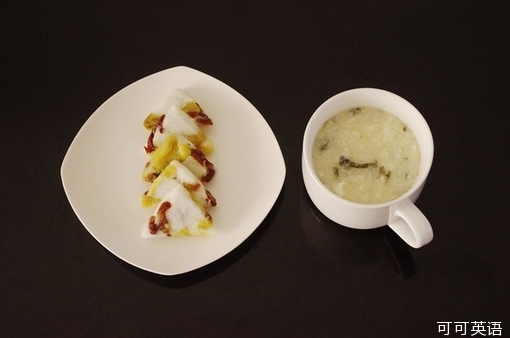(单词翻译:单击)
世间万物的存在,必定有其存在的价值和意义,每一个事物的产生必定有其产生的根源,并非凭空而降。
Calcium 钙

1808 年英国化学家戴维在取得钾、钠之后,继续用电解方法分解石灰,得到钙。瑞典医生蓬丁(M.M.Pontin)曾将石灰和水银的混合 物加以电解成功地分解了石灰。戴维受到极大启发,他将潮湿的石灰与氧化汞按 3:1 混合,放在白金片上,并且在混合物中央挖个洞,放入水银,再用石脑油将混合物盖上,以白金为阳极,以汞为阴极进行电解,成功地制得了钙汞齐。再蒸出其中的汞,就得到银白色的金属钙。
在拉丁语中,用来表示“石头”的词之一为 Calx(其所有格形式为calcis),英语中称为 Chalk(即“白垩”,源自拉丁语“Calx”“石灰” 的意思)。这种石头的最美丽的形式称为“大理石”(marble),该词源自希腊词 marmaros,意为“闪光的石头”。盎格鲁—撒克逊语中大理石的名称为 limestone,即“石灰石”。当它加热时会放出 CO2,剩下的部分叫做“石灰”(Lime)。但当戴维首次从石灰中取得钙时,他重新采用了拉丁语为它命名。他在“Calx”词后加上通常用于金属的后缀“-ium”,而将新元素命名为“钙”(Calcium),意为“从石灰中得到的金属”。
Calcium was coined by the English chemist Sir Humphry Davy in 1808 on the basis of Latin calx ‘limestone’ (which is also the ancestor of English calcareous, calculate, calculus, causeway, and chalk). The Latin word probably came from Greek khálix, which meant pebble’ as well as ‘limestone’.
Calculate comes from the past participial stem of the Latin verb calculāre, a derivative of the noun calculus, which meant pebble’. This was almost certainly a diminutive form of Latin calx, from which English gets calcium and chalk. The notion of ‘counting’ was present in the word from ancient times, for a specialized sense of Latin calculus was ‘stone used in counting, counter’ (its modern mathematical application to differential and integral calculus dates from the 18th century).
calci-表示“钙”之义
calcic 含钙的
calcify 钙化,硬化
calcimine 墙粉
calcine 烧成石灰
calcite 方解石
calcitonin 降血钙素
calcrete 钙质结砾岩
calculable 可计算的,能预测的
calculated 计算出的,有计划的,适当的
calculating 贬义词 精明的,有心计的,
calculation 计算;推断;深思熟虑
calculator 计算器
calculus 微积分;结石


